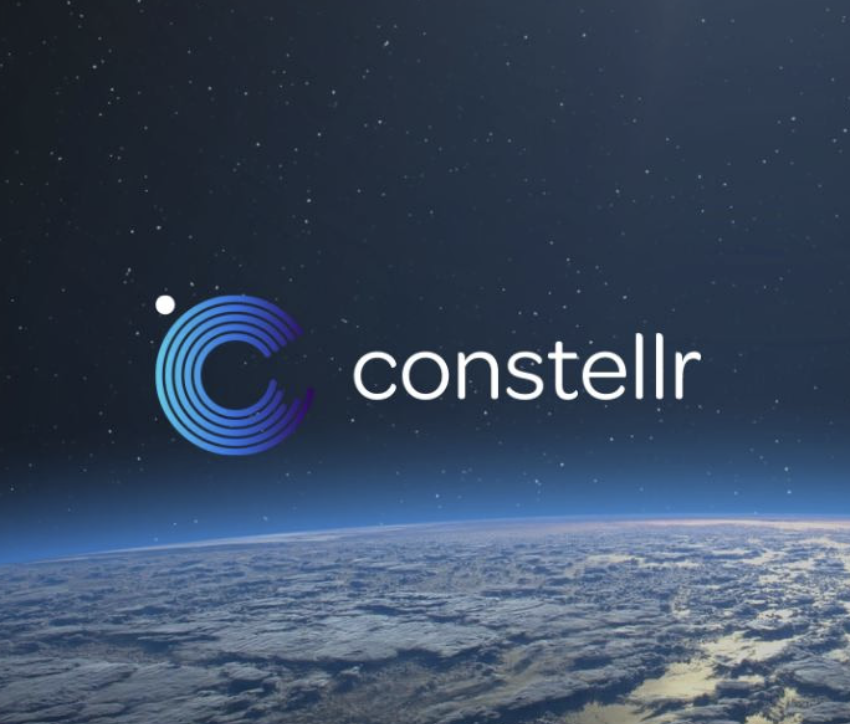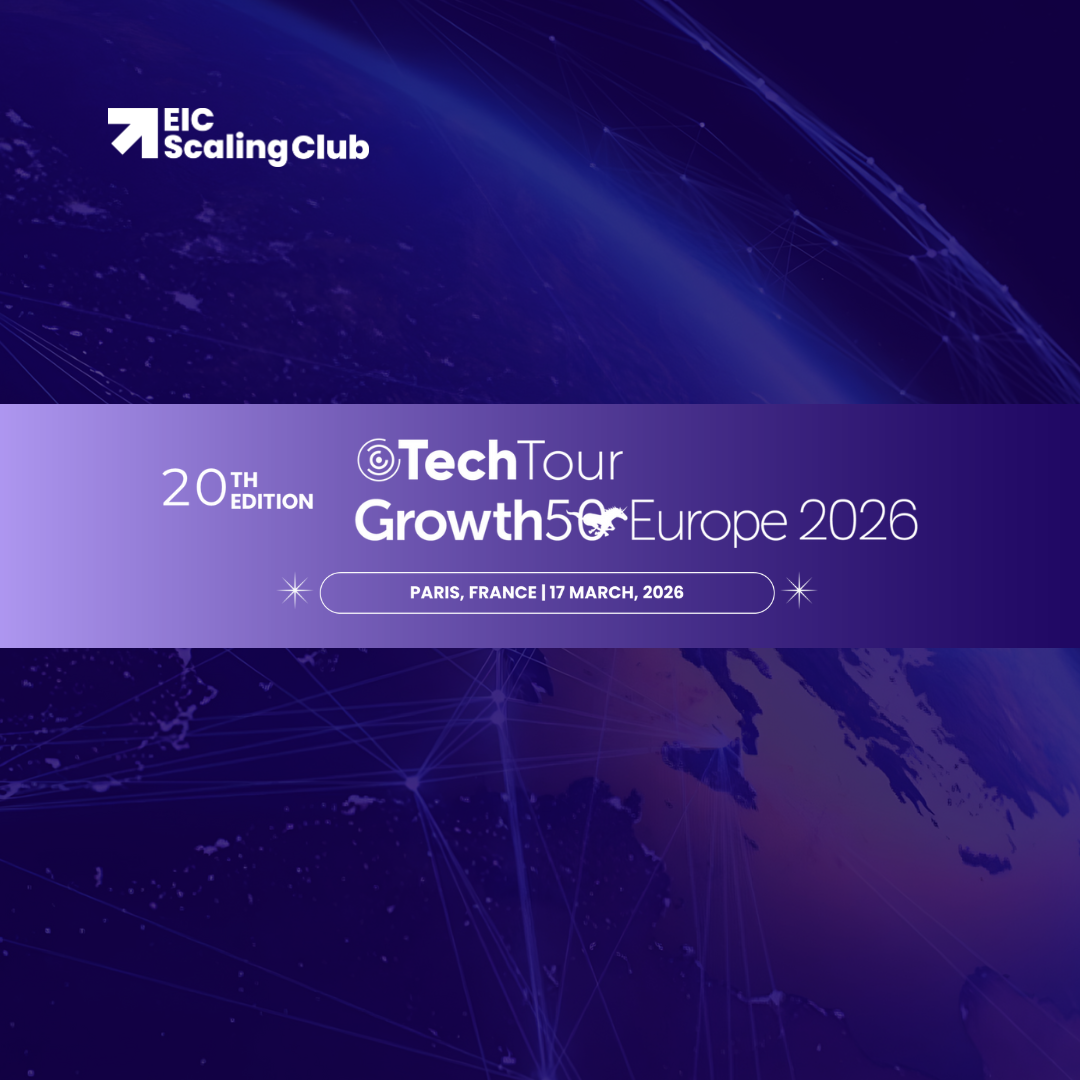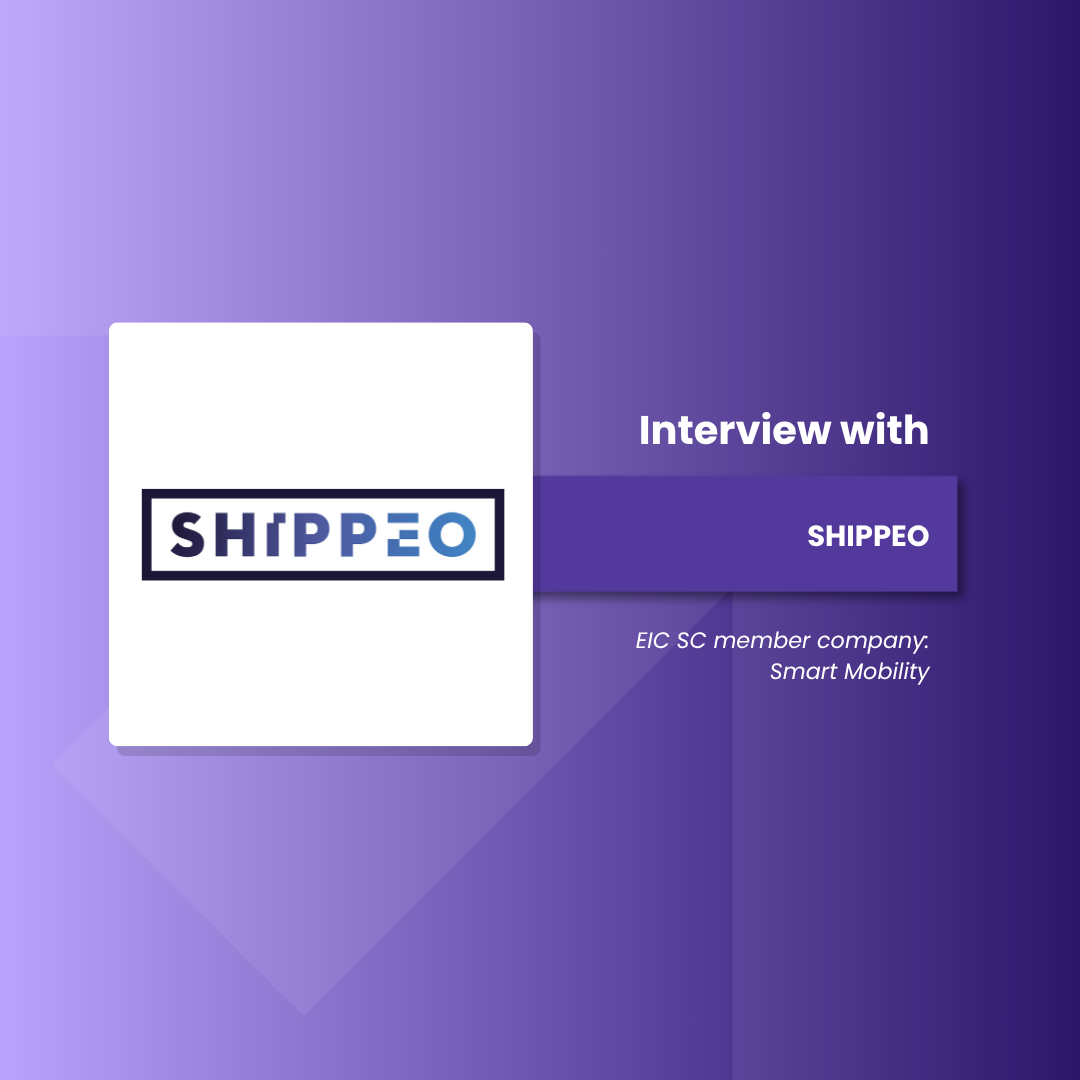16 Feb 2026
Spotlight on the DeepTech Alliance: Q&A with Alliance Manager, Thomas Klem Andersen
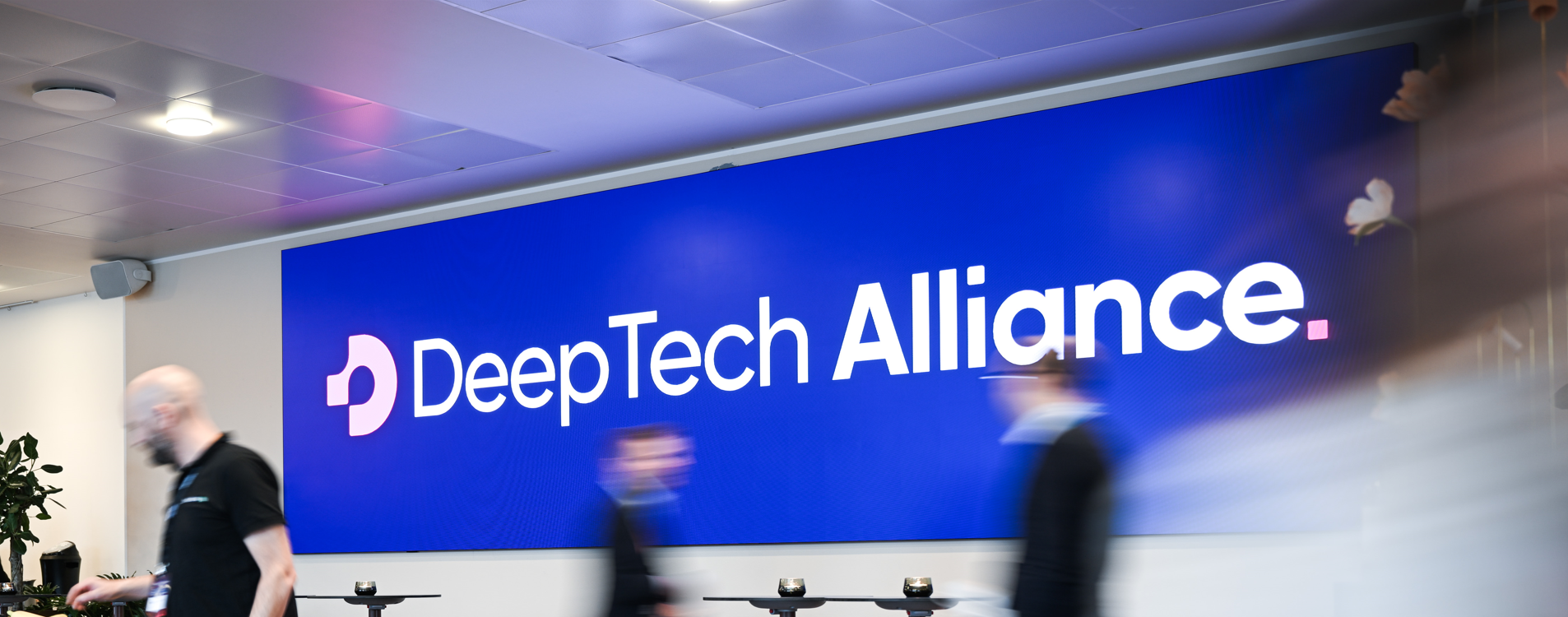
The EIC Scaling Club team set out to find out more information about the DeepTech Alliance, a consortium that bills itself as a unique entry-point to Europe's leading deep tech ecosystems.
To that end, we conducted a Q&A interview with Thomas Klem Andersen, the organisation's Alliance Manager.
We hope many of the DeepTech Alliance's members will join the EIC Scaling Club as well!
In a nutshell, what is the DeepTech Alliance?
DeepTech Alliance is an association for deep tech startup support organizations associated with leading European technical universities supporting European deep tech startups and scaleups to get market access and funding opportunities on an international level. This is done in our joint programs through which we connect startups from our ecosystems with corporates and investors to provide them with the capital and market opportunities they need to scale internationally.
How did it come about? What was the reasoning behind getting together to start it in the first place?
Europe is still in many ways a fragmented market and it is obvious that most deep tech ventures cannot become successful businesses within the borders of the country in which they are founded.
As they mature, most of them will have to look for capital and business opportunities outside of their home countries. To support deep tech ventures as they mature and all the way to scaling, regional and national deep tech ecosystems must become more connected cross borders, so they can provide them with these opportunities. This will also enable more corporate co-innovation and joint VC investments across borders, regions and industries which is needed too.
In political perspective, it is also about securing European tech sovereignty. We must join forces in Europe, so our most promising deep tech ventures don’t flip to the US or other more attractive markets as soon as they need to raise big rounds and scale their business.
In short, whether you are an entrepreneur, a big industrial player, an investor or a startup ecosystem hub, you can’t succeed in deep tech alone, so DeepTech Alliance is all about connecting key stakeholders across ecosystems and that is why we got together in the first place.
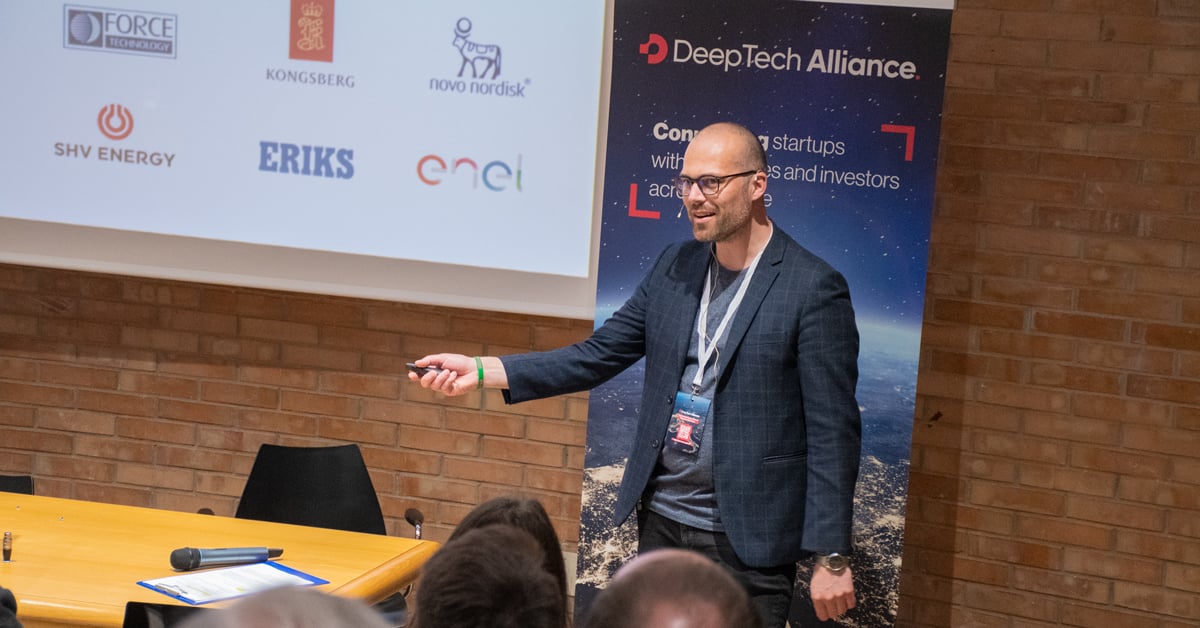 The term 'deep tech' means different things to different people. What's the Alliance's definition?
The term 'deep tech' means different things to different people. What's the Alliance's definition?
We don’t work with a strict definition, but all members of DeepTech Alliance are closely associated with research institutions and universities, so for us deep tech is technology based on scientific advances. Such technology typically has a long and quite expensive journey to the market, but it also holds great impact potential which is why it is so important.
The DeepTech Alliance works with more than 6,500 European deep tech startups on an annual basis. Can you elaborate on this, e.g. how are companies identified and selected?
Each year we assess 6,500+ deep tech startups in the European startup ecosystem across our members hubs. The number is simply the accumulated number of startups we screen between all the members in DeepTech Alliance. It’s only 800+ of those startups the members work directly with in their own local programs. We hand-pick the best and most mature of them for our joint DeepTech Alliance programs through which we match them with our corporate and investor partners.
The calls for programs in DeepTech Alliance are open to all European startups, but the members hubs will nominate potential participants that they can vouch for from their ecosystems and they will be selected by a selection committee based on the needs and interest areas of our partners.
How do your local member hubs proceed to support those companies, and how do their approaches differ from one another? Are they focused on regional needs?
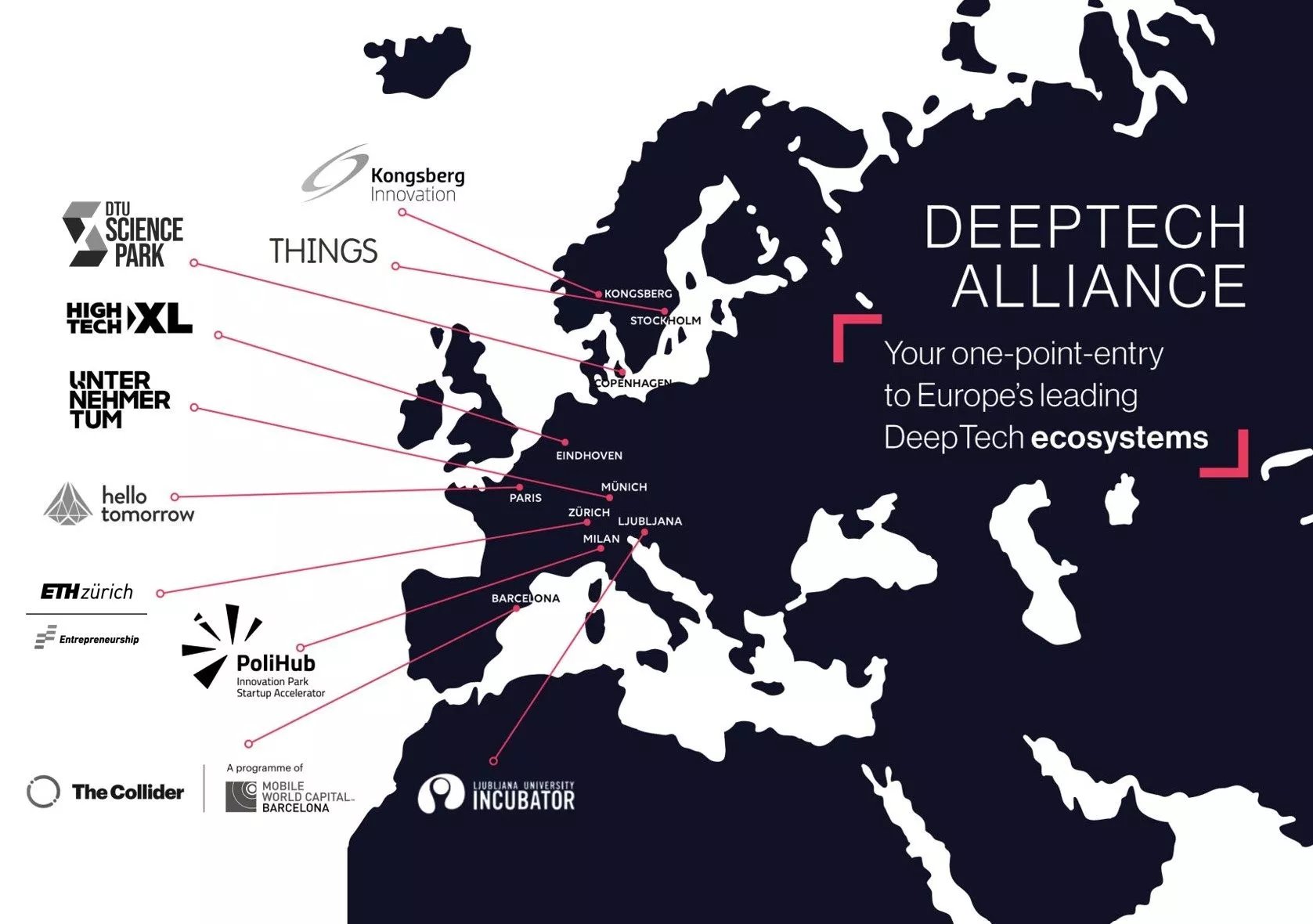
Our members hubs have a lot of quite different programs ranging from pre-startup coaching, venture building, partner challenges, incubation services, acceleration programs, investor pitches, demo days and scaleup support.
Some are more focused on the early stages – even pre-incorporation and others more on business development support for more mature ventures. Most are focused primarily on their local ecosystem with their own initiatives, but some are also operating internationally.
A big part of the Alliance is supporting scale-ups through matchmaking with investors and corporate partners internationally. How is this done in practice?
This is done through a short eight-week program where we present startups and scaleups to our industry and investor partners. A lot of work is put into screening and selection pre-program to secure a high-quality batch.
As mentioned, the final selection is based on the needs and interest areas of our partners. When the batch is sealed, we prepare all program participants and partners with information material, so they can prepare for the matchmaking and networking to explore potential strategic partnerships and business opportunities which the programs are all about.
In the programs we have two in-person events – a kick-off event hosted by an alliance member in one location and a concluding summit hosted by another alliance member in another location. This is a good opportunity for all involved to explore the local ecosystems of the members hosting, but more importantly it is a good opportunity for all involved to start relationship building face-to-face in person.
A lot of the actual matchmaking is done during the kick-off event, but we also facilitate matchmaking online in between the two events and provide the participants with online expert sessions on B2B sales, pricing and dos and don’ts in PoCs and pilots etc. Within this context, the matchmaking itself is a good mix of material prepared and exchanged, pitching, formal meetings and informal networking.
Can you highlight a couple case studies of companies (or investors, or corporates) that have achieved success through the DeepTech Alliance network?
As you can imagine these types of collaborations take much longer to get in place than the eight-weeks our programs last. We are currently systematically measuring “expected collaborations” after our programs, but we are still working on getting a process in place to systematically follow up on long-term results and document case stories based on that.
I can mention a few recent once that I know of though:
We recently had two CVC partners investing in two different startups from our Clean Energy programs: TechEnergy invested in Luminescent from Israel and their isothermal heat engine solution and a2a invested in Sinergy Flow from Italy and their flow battery solution.
The most recent example I can mention is Bosh announcing a collaboration with a Ipercept from Sweden to test their AI based predictive maintenance solution for complex systems after last year’s Industry 4.0 program.
Generally, our partners really appreciate that the alliance brings together leading ecosystem players from multiple European countries collaborating to provide them with deal flow across all these ecosystems. most of them say that the programs are a good supplement to their internal tech scouting and that the startups they meet are above average compared to other initiatives they are involved in.
.jpg?width=4800&height=3200&name=DSC_5090x%20(1).jpg)
How is the DeepTech Alliance organization funded?
DeepTech Alliance was initiated as a project in 2018 by DTU Science Park with funding from the Danish Industry Foundation. In 2024 the alliance will transition into becoming its own independent and financially self-sustaining association.
The central organization of the association will be funded through annual membership fees from all the members and the programs will be funded fully through participation fees. This is a strong foundation, but the alliance will most likely also look for funding partners to expand its activities.
How do you foresee the DeepTech Alliance evolving in the future?
Over the past six years, we have built a great foundation for DeepTech Alliance with a strong group of founding members, program formats that create a lot of value for our partners and participants and a promising track record in terms of results in our first programs.
The future of DeepTech Alliance will be to build on and grow from this foundation by adding more members and ecosystems to the alliance and launching more programs within other deep tech domains.
While growing the alliance we will also work hard to maintain high quality in our programs and services, so our members, participants and partners will consider DeepTech Alliance an efficient way to expand their network of European deep tech ecosystem hubs and startups and international corporates and investors.
From a big picture perspective, what would you identify as the strengths and weaknesses of Europe's potential to play a leading global role in the deep tech field?
We have great universities in Europe, so we are in a good position to do well within deep tech, but we have way too much inactive IP collecting dust in our research institutions. We need to become much better at spinning out technology on conducive terms for the founders taking the leap of faith to build their own company.
On that (and a final) note, how can we further (or better) stimulate deep tech entrepreneurship and investment across the EU in your view? What more can/should be done?
The deep tech journey is long and costly. We need to find ways to provide more patient capital for deep tech ventures and increase our capacity to follow up on investments in the long run, so our deep tech ventures don’t go elsewhere to find what they need.
As mentioned, no one can succeed in deep tech alone, so we need to avoid any form of national cocooning and we need policy frameworks that encourage cross border trade, co-innovation and investment within Europe.
Related Articles
Recent Articles
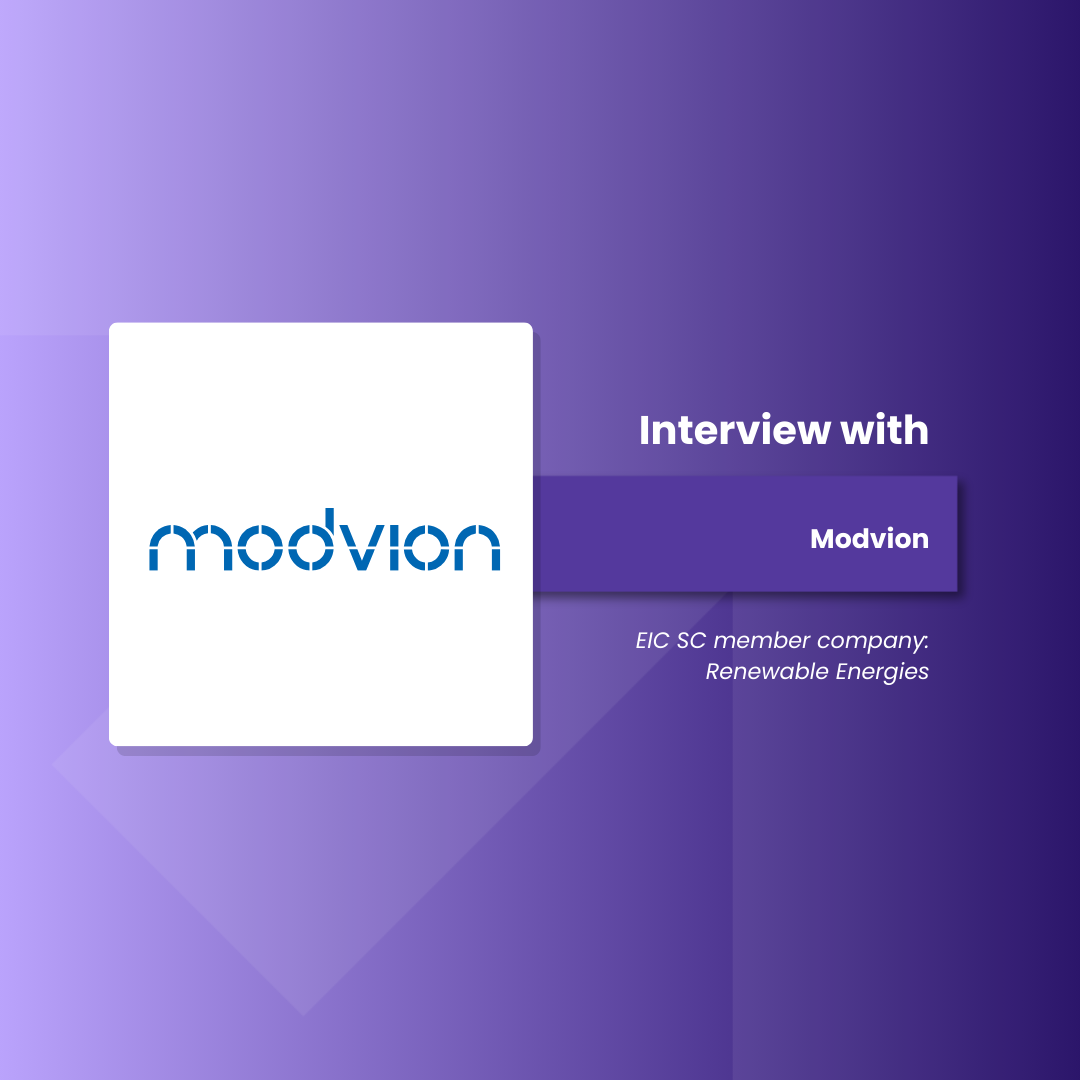
Modvion: Reaching new heights with wooden wind towers
2 Feb 2026


